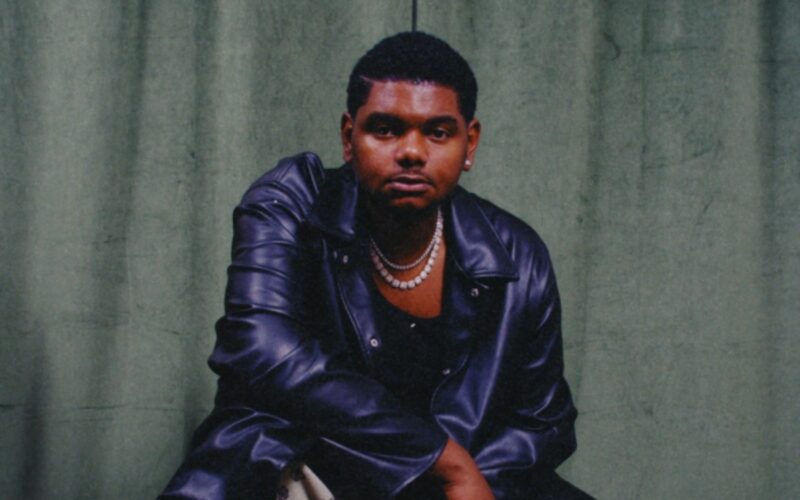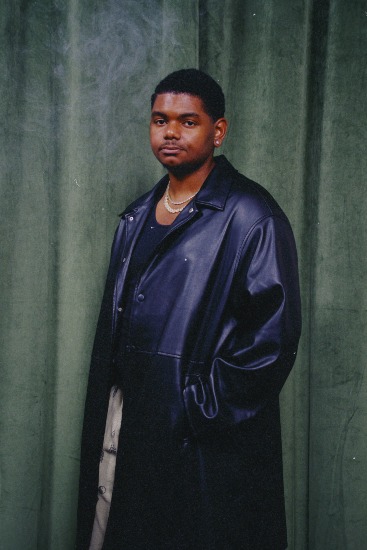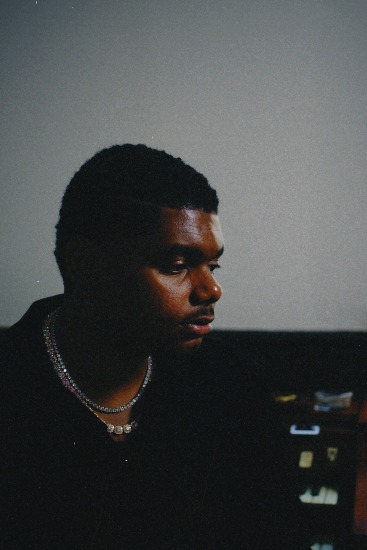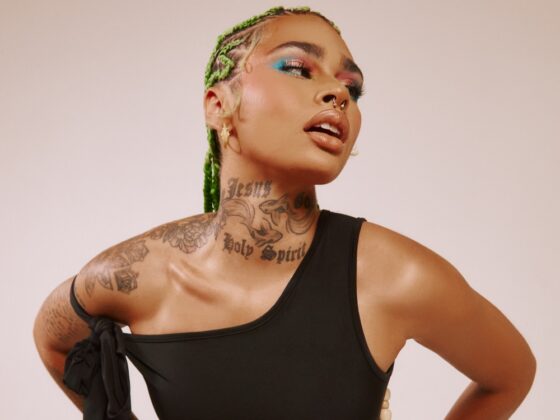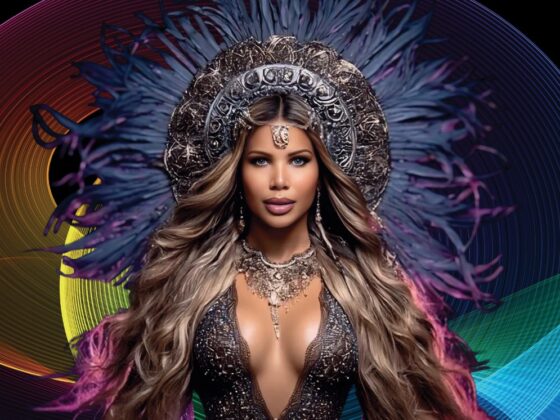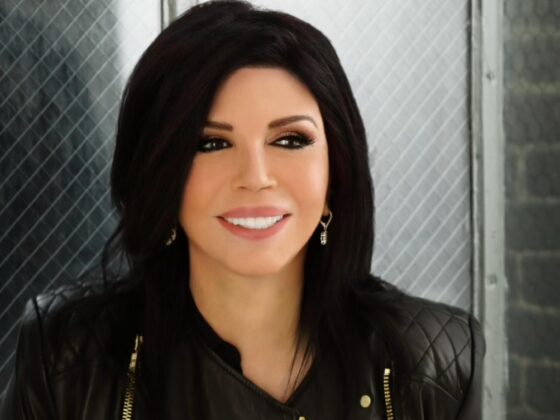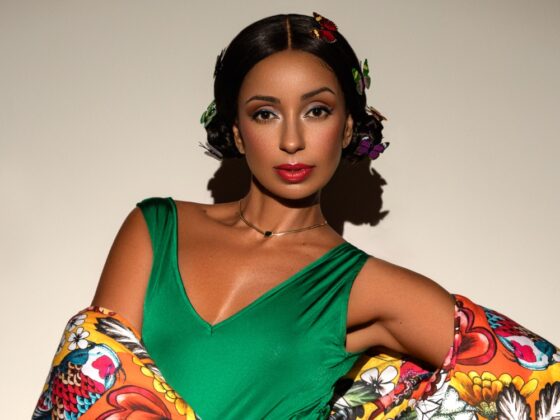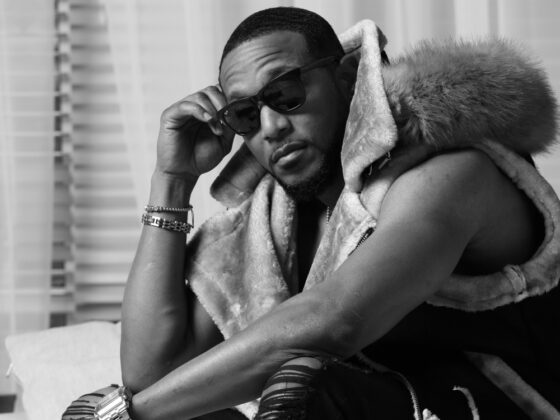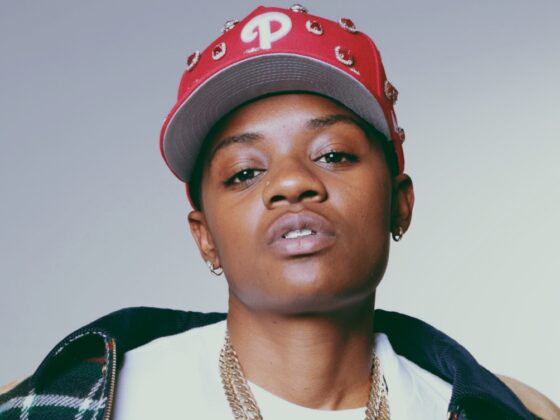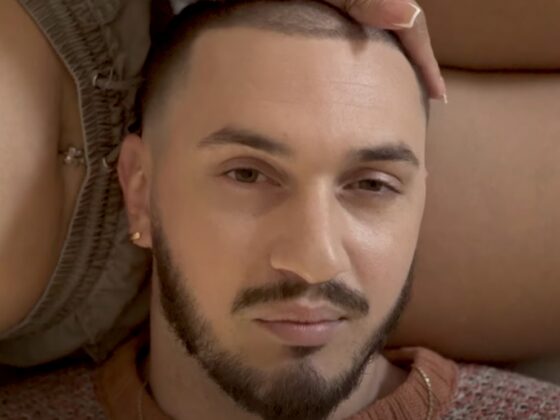A musical concoction blending elements of jazz, with a sprinkling of Gospel flavoring, and adding in a lil spicy Caribbean rhythm, and one gets ATL multi-instrumentalist-composer-producer Zacchae’us Paul and his delectable summer 2024 debut, JAZZ MONEY [Candid Records]. Our Zacchae’us Paul interview takes a dive into the music and the man behind it.
Parlé Mag: Let’s hop into this single / video, “Banana Laffy Taffy” — Tell me about this particular track; how did it come to fruition?
Zacchae’us Paul: “Banana Laffy Taffy” started as a simple melody in my head. I have a lot of melodies that come to mind, but on this particular day I didn’t feel like taking my phone out to record it in Voice Memos. I told myself, “If it’s really important, it’ll come back to me.” That went on for a couple of weeks until I finally put it into Logic, and got the official draft of the song.
…At first all I had were the melody and chords, but I knew I needed to work this song into live elements. So I hit up Morgan Guerin and we did a session at his home studio, playing the song from start to finish. I already had the structure figured out, so Morgan recorded upright bass and soprano sax. We’re both audio engineers and always geek out about gear, so we had eight mics set up for the recording. The soprano sax he played was a Selmer, the same model Coltrane used—it was the most beautiful sounding soprano.
…Once that was laid down, we tracked Morgan’s electric bass, and I added 808s and keybass. For the verse, I wanted something unique, something free—free from a structured melody or rhythm. My verse is more like a riddle, speaking on the key to success. The underdog is the true “Banana Laffy Taffy.” The candy was a classic—it was always the last option, but also the best option. That’s debatable, but that’s the energy I put into the song.
Parlé Mag: Of course, “Banana Laffy Taffy” comes courtesy of last June’s Jazz Money— Conceptually, what does this title represent both to and for you?
Zacchae’us Paul: Jazz Money is a concept similar to “Hood Rich.” My original thought was to name the album ’90’s Jazz Money, referring to when jazz was still in the mainstream—maybe not as big as in the ’20’s-’60’s, but still a major industry.
…The term “jazz” itself is controversial. I grew up in Atlanta, GA, and in church, my pastor Rev. Timothy Flemming, Sr., taught us that the word “jazz” came from white folks calling the music of the time “Jack Ass Music.” Some agree, some don’t, but if you ask an elder from Georgia, you might hear that version of history.
…Regardless of where the name came from—whether from the Black community or not—jazz is an art form by the Black Diaspora. The earliest recordings of this music date back to the minstrel shows, where Black folks were mocked and caricatured. This music is my birthright, and I have every right to modernize and elevate it. That’s Jazz Money.
Parlé Mag: Jazz Money is a Candid Records project — What particular string of events led to your signing?
Zacchae’us Paul: That’s all thanks to the legendary Terri Lyne Carrington. She reached out to me a couple of years before the album dropped, asking me to join Candid Records—a label revived by Exceleration Music.
…The first time she asked, I actually turned it down because I was with different management at the time, and there were other deals on the table. But nothing ever finalized. Later, I reached back out to Terri and asked if the deal was still on the table, and we made it happen.
…Terri Lyne is like an Auntie to me—an incredible A&R. I’m blessed to have worked with her on this album. She’s always looking out for young artists and creating opportunities for people who might not get them otherwise. And quiet as it’s kept—she’s an amazing vocalist, and a real producer in the truest sense.
Parlé Mag: Tell me your whole inception into music — When did you first become interested in it? And how did it all begin for you?
Zacchae’us Paul: I started music at a very young age—I honestly can’t even remember how old I was. But I had my first solo at Mt. Carmel Baptist Church around 2005. I sang “Let My Life Bring Praise to You Lord” with the Sunbeam Choir, and that was the moment I knew music was my path.
…My first instrument was the drums. I used to play in the morning service whenever the drummer was late. I used to pray that the drummer wouldn’t show up just so I could play all service.
…Later, my mom married Darin Jennings, and he was the one who taught me piano. Not by reading music—he taught me how to play by ear, like many gospel musicians. He taught me how to listen. We’d be in a coffee shop or an outlet store, and he’d point out sounds—“Zach, did you hear that chord?” He made me identify songs with rich harmonies, and that shaped how I play today.
…As I got older, my father, Pastor Derwin Paul, would pick me up to play organ at his church, Praise Faith Temple, out in the boonies of Georgia. Those were my beginnings, and I cherish them.
Parlé Mag: Now, where exactly do you hail from? And growing up there, who were your strongest musical influences?
Zacchae’us Paul: I’m from Atlanta, Georgia, and all my people are from Georgia. My musical influences come from the Black church.
…Vocally, I model my singing after singing pastors—my father being one of them. I grew up going to quartet concerts, watching groups like my dad’s group, Walt Beasley and the Gospel Explosions.
…How does that connect to jazz? Jazz came from the Black church.
People idolize John Coltrane, but they forget he was a man of God. If you read the liner notes of “A Love Supreme,” you’ll see his devotion. Gospel is the root of all music, so even though I wasn’t learning “C Jam Blues” or Giant Steps as a kid, when I finally got to jazz, it felt familiar.
Parlé Mag: How do you describe the style of music that you create and perform?
Zacchae’us Paul: I call my music: Afro-Jazz, Spiritual Jazz, Hip-Hop, R&B, Afro-Diaspora Music.
…Honestly, it’s hard to pin down because I play everything. Samba, Bomba, Plena, Highlife—I can do it all authentically. But Afro-Jazz is my way of reclaiming jazz and making it Black again because the genre has been whitewashed.
Parlé Mag: What do you want people to take from your music?
Zacchae’us Paul: I want people to listen, learn, and dance.
…I present my music like fast food, but you’re getting Wagyu beef, homegrown potatoes, and fresh-squeezed juice when you pick up your order.
Parlé Mag: If you could collaborate with any artist, living or dead, who would it be and why?
Zacchae’us Paul: OutKast.
…They were a huge inspiration growing up in Atlanta. My mom, uncle, and brother went to Therrell High, right near Figure 8, where they shot “Player’s Ball.” And my home church, Mt. Carmel Baptist Church, was just down the street.
…I want to collab with them and bring a new sound to Atlanta that can liberate our people.
Parlé Mag: If you could play any venue in the world, which would it be and why?
Zacchae’us Paul: Any venue that was a former Underground Railroad stop.
Parlé Mag: What do you feel will be the key to your longevity?
Zacchae’us Paul: Staying grounded in who I am and remembering my “WHY.”
Parlé Mag: Do you have any aspirations beyond music?
Zacchae’us Paul: Yes! I started a peanut butter business in 2023 and want to create jobs and opportunities for Black folks. I also want to venture into fashion and film.
Parlé Mag: What’s an average day like for you?
Zacchae’us Paul: Yoga, quick workout, teaching kids in Philadelphia’s justice system, preparing church music, and figuring out what to eat!
Parlé Mag: Final words for the people?
Zacchae’us Paul: Keep listening. Keep learning. Keep moving.

